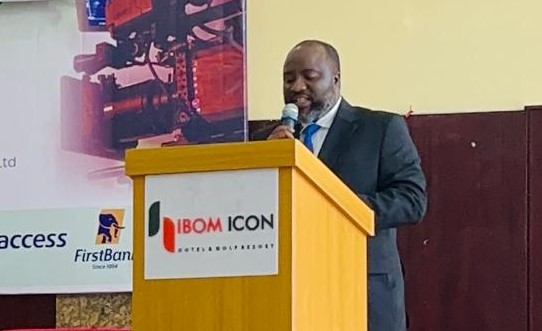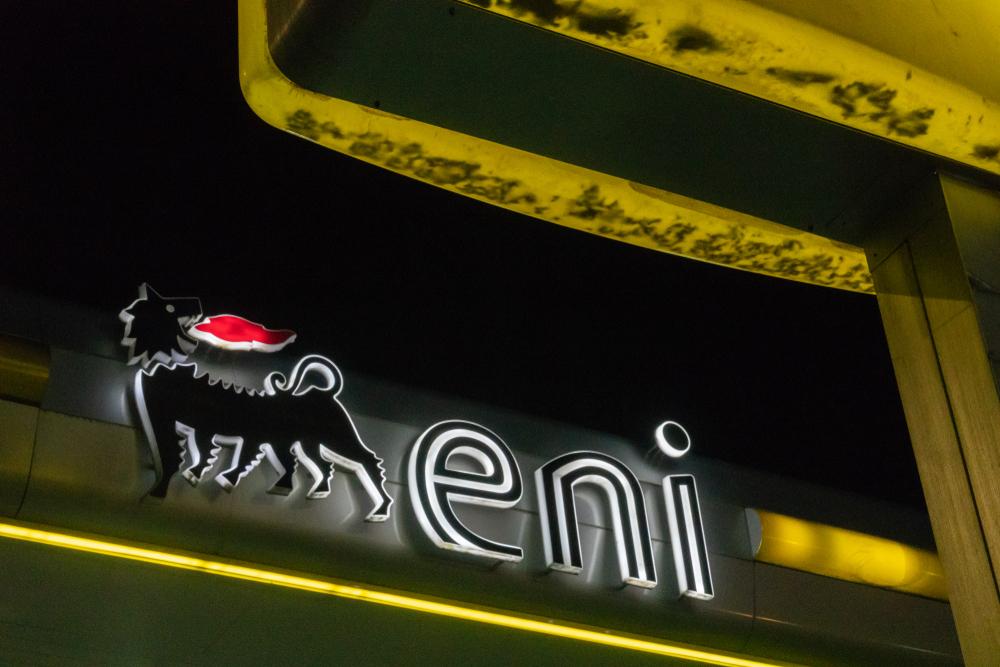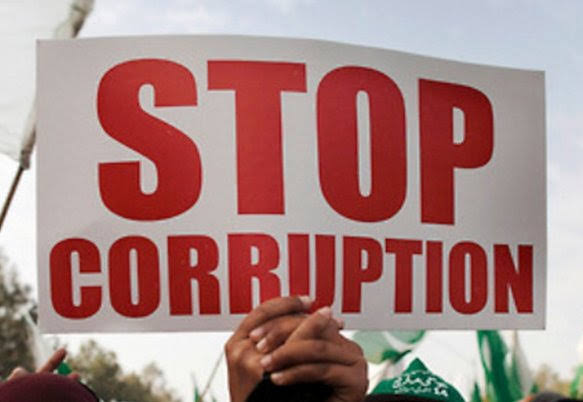Chima Amadi, an election expert and human rights activist, says politicians are the biggest threats to the democratic process in Nigeria.
Amadi spoke on Thursday at the ongoing all-Nigerian editors’ conference in Uyo, Akwa Ibom state.
Speaking on the role politicians played during the polls, Amadi said political class remains the biggest challenge to the electoral system in the country.
In his presentation titled, “post-2023 general elections: assessing the roles played by the media, INEC, security agencies and others”, he said politicians have continuously tested the electoral eco-system to find ways to weaken the process and gain an undue advantage.
Advertisement
“It is ironic that politicians pose the biggest threat to a democratic process. The winner-takes-all nature of our political system means that politicians have the most incentive to subvert the process. And over the years, they have demonstrated the willingness and desperation to subvert it,” he said.
“The ingenuity employed by politicians to seek out the loopholes in the legal and regulatory framework is enormous and their determination to find the gaps in the process cannot be over-emphasized.
“It is the politicians that have designed the system of vote buying to circumvent the innovation of card readers and BVAS.
Advertisement
“It is now evident that the first step towards ensuring freer and more credible elections must resolve with designing systems that limit the influence politicians have over the electoral process.
“And this limitation must begin with reducing the influence politicians have over the appointment and employment of permanent and ad-hoc staff of the commission.”
He explained that the media did not always perform its role of leading the conversation on critical issues.
“In some instances, the media caught onto those issues late and in others, not at all. The end result was that the public often got its information and had its narrative shaped by opinions on social media by political players, most of whom had agendas,” Amadi said.
Advertisement
“In my assessment, the media did not do enough to point out the critical security challenges the electoral umpire faced before, during and after the elections.
“For instance, over a 4-year period between 2019 and 2023, there were 50 attacks on INEC facilities in the country.
“A breakdown shows that in 2019, INEC recorded eight attacks; 22 in 2020, 12 in 2021, and eight in 2022.
“The incidents occurred in Osun, Ogun, Lagos, Ondo, Bayelsa, Anambra, Imo, Abia, Akwa-Ibom, Cross River, Enugu, Ebonyi, Kaduna, Borno, and Taraba states.
Advertisement
“One is of the opinion that not enough media spotlight was given to these attacks which were obviously done to weaken the capacity of the electoral umpire to conduct free and fair elections.”
POSITIVE OUTCOMES DESPITE CHALLENGES
Advertisement
Amadi said most of the post-election assessment of the 2023 polls has been narrowed down to the deployment of the bimodal verification and accreditation system (BVAS) and the result viewing portal (IReV).
“Any credible assessment of elections in Nigeria has to appraise the entire process from start to finish, and not pick at parts of the process in isolation,” he said.
Advertisement
He added that some other challenges faced by the Independent National Electoral Commission (INEC) included the cashless policy, internal sabotage of the process by several resident electoral commissioners (RECs) and ad hoc staff.
“In the months before the 2023 elections, several RECs were appointed and sworn into office,” he said.
Advertisement
“These appointments were made in apparent violation of the provisions of the law and protestations by many stakeholders over their partisan pasts.
“These included at least a former governorship candidate of a political party; the younger sister of the South East National Vice President of a political party; a former civil servant dismissed from service in a state on account of corruption, and the manager of a hotel belonging to a politician who served as minister at the time of the appointment.
“I do not believe there was sufficient public pressure to resist these appointments and attempts at sabotaging the electoral process from within. I also do not believe that enough was done to bring this issue to the limelight.”
Amadi said despite the challenges, INEC had many positive outcomes in the 2023 elections, adding that the polls were the first that were not postponed.






